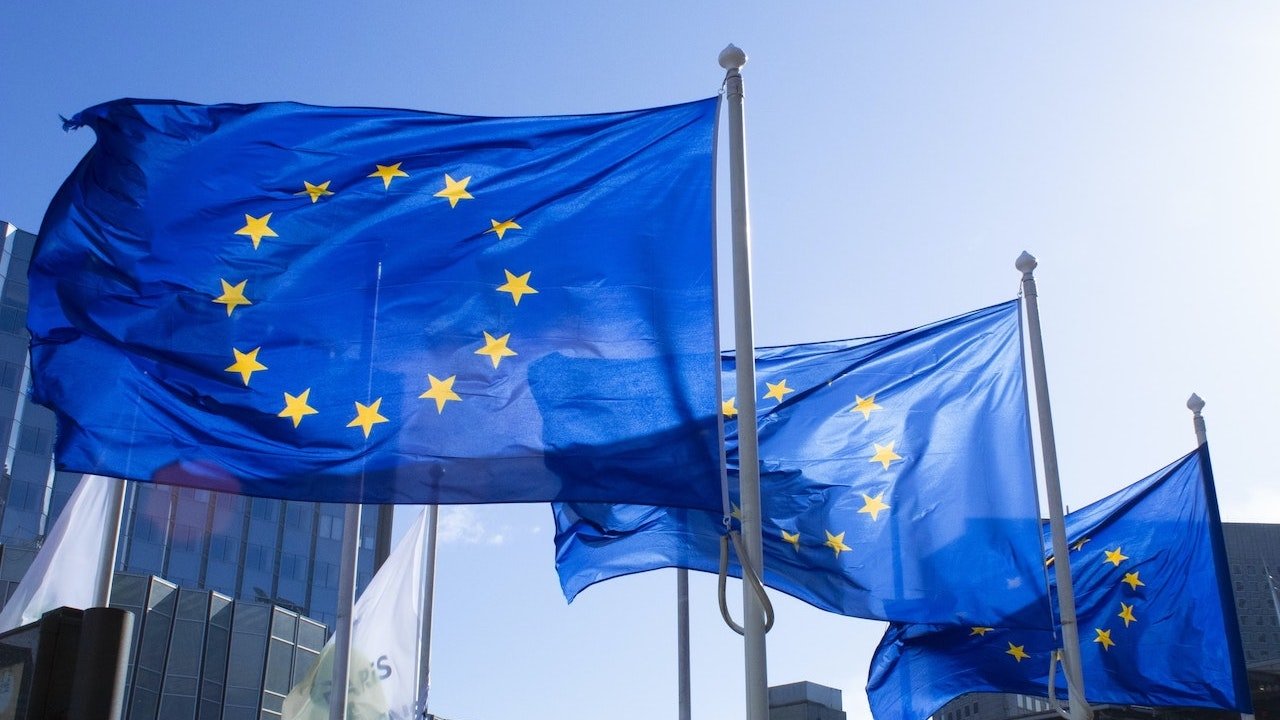As part of its mandate in the Digital Services Act, the European Commission has sent requests for a new set of information about to 17 tech companies about how they protect users.
The European Commission is casting its net a bit wider on this round of information requests. In addition to the regulars it demands information from, in Apple, Google, Microsoft, and Meta, it has also hit AliExpress, Zalando, Pinterest, Snapchat, TikTok, and more.
A report by Reuters on Thursday morning claims that data requested includes data relevant to the EU elections, how counterfeit goods are identified, plus information on how the platforms tackle both illegal content and sale of illicit goods. It's not clear why Apple is bundled up in this round of requests, but it potentially involves how it manages iMessage, or perhaps cloned apps on the App Store.
In total, the 17 companies under 10 different umbrellas must provide requested information by February 9.
The information request follows one on December 14, 2023. That request appeared to be a little more broad with some overlap to the new request. That request reportedly covered "systemic risks relevant to their services, in particular those related to the dissemination of illegal and harmful content, any negative effects on the exercise of fundamental rights, as well as any negative effect on public security, public health, and minors."
The Digital Services Act (DSA) is another legislative package that will place restrictions on how tech giants operate. In this case, the DSA focuses much more on online content and moderation.
In a nutshell, the DSA puts additional responsibility on online platforms and tech companies to police content, including both reporting and taking down illegal content.
According to the provisions of the DSA, regulations will be applied on companies in tiers. The largest firms including those with more than 45 million active users across Europe will see the biggest effects. Apple falls into that category, but it has argued that iMessage specifically does not.
Additionally, the DSA will ban "dark patterns," or misleading user interfaces such as those that coerce users into subscribing to a platform or making an in-app purchase.
 Mike Wuerthele
Mike Wuerthele







-m.jpg)






 Andrew Orr
Andrew Orr
 Amber Neely
Amber Neely
 Marko Zivkovic
Marko Zivkovic
 William Gallagher and Mike Wuerthele
William Gallagher and Mike Wuerthele












14 Comments
Haha.. EU bureaucrats!! First they want to allow sideloading in iPhone and now they care or are concerned about user safety.
iMessage should not be a problem since it is encrypted and there is no way to run ads or harvest data.
My only hope is that the EU holds the European tech industry to the same standards that they hold the American tech industry to.